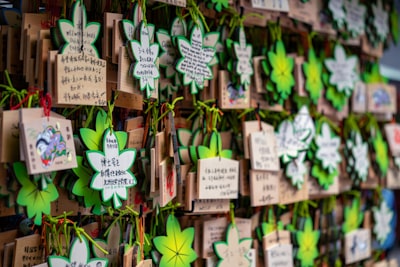Imagine a future where a stroll through Bangkok’s alleyways leads not to the scent of street food, but to aromatic clouds drifting from bustling cannabis tea houses—relaxation and conversation replacing the frenetic energy of city life. But is this vision new? Hardly. Throughout history, ‘weed-friendly’ social spaces have flickered into existence before being stamped out by regulation.
In late 19th-century Egypt, hashish dens were common; in 1940s New York, jazz clubs pulsed to the rhythm of reefer. Perhaps the most famous historical example is the 19th-century Parisian ‘Club des Hashischins’, where artists and writers experimented with cannabis and opium in pursuit of inspiration. Each cultural experiment has, at some point, faced the tightening grip of authorities reasserting control.
But why do societies oscillate between embracing and suppressing the cannabis plant? Is it the fear of the unknown, or the tug-of-war between tradition and modernity? Or maybe it’s something more fundamental—anxieties about how altering consciousness could change communities, economies, even identities.
What if, instead, cannabis was treated as an everyday part of social life, like coffee? Would the world be more relaxed, or simply find new tensions to grapple with? As Thailand treads this winding path, we’re all left to wonder: what’s really at stake when a plant becomes a symbol for change?
This article was inspired by the headline: 'Thai cannabis stores fret as government moves to tighten rules on sales'.

Comments
No comments yet. Be the first to comment!